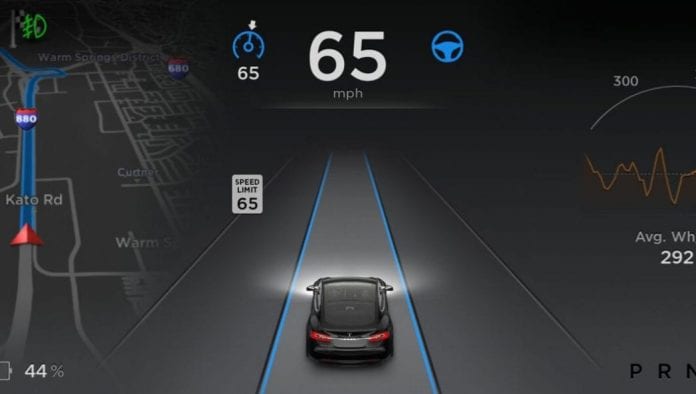The recent crash of the Tesla cars is now leading automakers to make a reassessment of their plans to push through semi-autonomous cars quickly onto the market. Car makers are looking at ways and the risks involved in pushing semi-autonomous cars onto the road and into distractible drivers.
Another aspect that car makers have been working on is harvesting as much data as they can from their cars which mean there has been an accelerated number of sensors available on cars. But consumers need to feel the change and accept it and in so doing, auto makers need to earn the trust of these consumers.
Tesla Autopilot sensor works regardless
The Tesla Autopilot Program has two components: one which consists of the sensor part and the other which comprises the software that aids in driving the car. To use the Tesla Autopilot system, users have to buy the system, but the sensor system continually works whether the Autopilot system is there or not. Therefore every vehicle that Tesla makes is a data collector regardless of whether the driver has Autopilot on or not. The move has also established Tesla as one of the driving forces in self-driving cars as they battle it out with Google which has a relatively small fleet.
Traditional car makers have seen the move made by Tesla and are now looking at ways they can also use the same technique to harvest data from their larger fleet of cars and implement it in the self-driving cars program. It’s reported that General Motors, Volkswagen and Nissan Renault all signed partnerships with a sensor supplier company called MobilEye. The car firms are aiming to put the “Road Experience Management” system that the startup has on their cars so as to start data collection. Toyota has also announced plans to turn the in-house cameras in cars to a mapping sensor.
The companies clearly lag behind Google in data collection but with their larger range of car fleets on the market and the bigger scale, they could be generating data faster than Google in no time. However, one problem that might arise from this is that users might not want to have their data collected. A recent Pew Research Center poll showed that most Americans were not eager to have their driving habits being monitored by sensors.
Therefore these companies are now being forced to look at ways they can gather the data and show consumers that it is for their good. Tesla has had to release some of the data to prove that its self-driving technology is not as reckless and unsafe as many think it is. Another interesting thing to note is that under the terms of instructions from Tesla, the company is not forced to release the data unless there is a clear legal indication. The discrepancies involved could lead to a backlash for the company, especially with private-minded people.
Other companies seem to adopt a clear and precise disclosure agreement as evidenced by the voluntary privacy principles which drafted by the Auto Alliance trade group back in 2014. However, consumer advocates have pushed for far more than that in previous years.
The need for car manufacturers to input data tracking sensors onto their cars and then combine it with poor disclosure is surely going to be a volatile issue in the months to come. Consumers have the right to demand better transparency when it comes to data tracking and its disclosure. Consumers seem to have an upper hand here, and it would be foolish of us to give that up easily.









